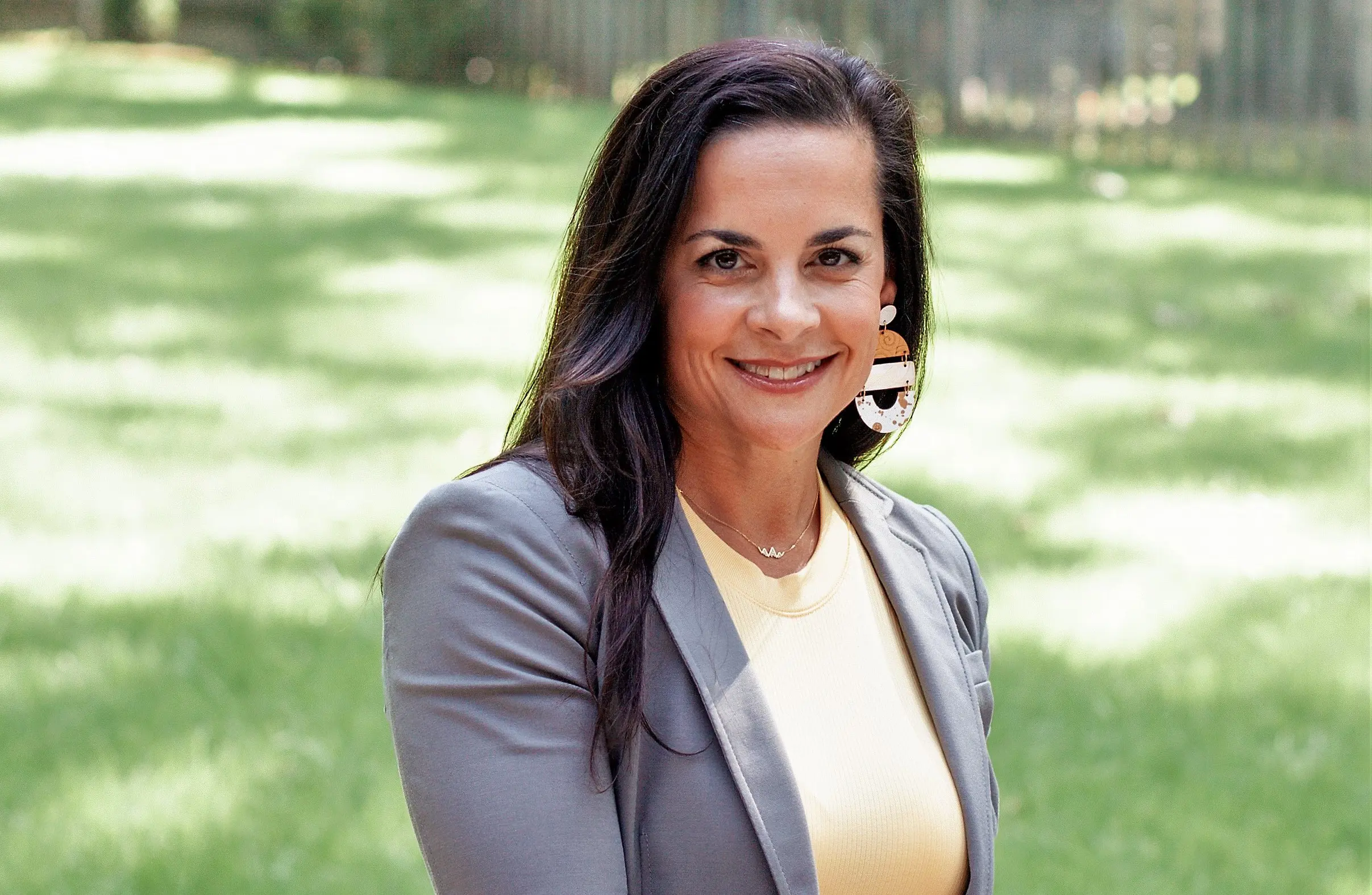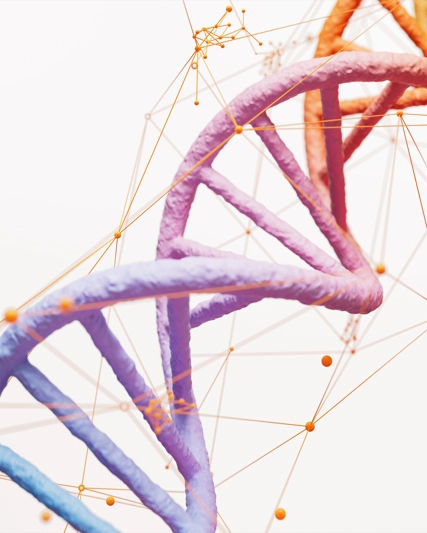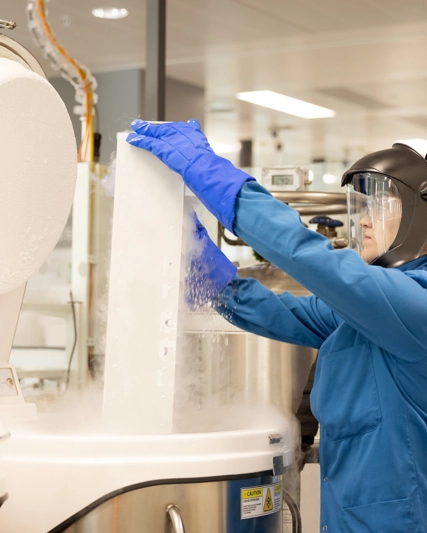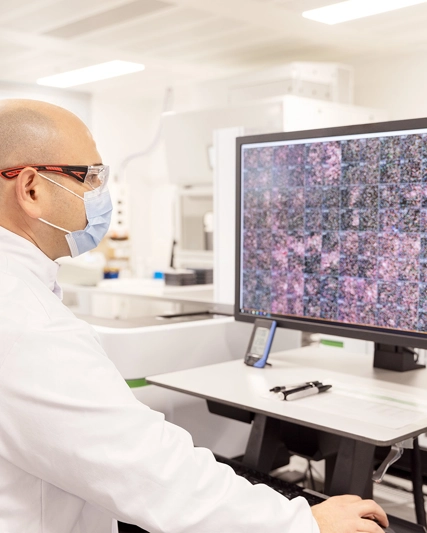East of the Tigris River under a blazing sun, Lenore Vollmar was making history in Baghdad. The second lieutenant with the U.S. Army Military Police was training the first Iraqi women to enter the Iraqi police force. Field training. Investigative techniques. Weapons drills. It would not be an easy road for anyone involved. This effort required courage on many fronts and would spark change in the conservative society’s views of women.
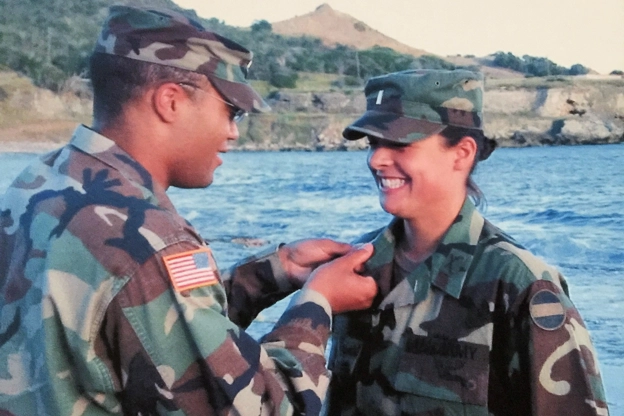
“Our battalion was responsible for security and training the Iraqi citizens who wanted to be police officers,” Vollmar remembers. “It was a big culture shift for the people of Iraq when we arrived. There was a lot of learning on both sides. I had to be extremely adaptable in a part of the world where women have very different roles than they do in most western countries. When we were given the order to expand the police force, that opened the door for Iraqi women to join. For many of the women taking part, they had to fight against a very traditional expectation. As you can imagine, it was not an easy decision and they proved how tough they were.”
By this time Vollmar was used to dealing with harsh and hostile conditions. The theater of war had become a familiar setting after she graduated from the University of North Carolina. Her role in the Reserve Officer’s Training Corps led to her commissioning as an active-duty officer in the Military Police.
“The opportunity to protect and serve appealed to me,” she said. “I had grown up going with my mom to the base when she had reserve training. My mother enlisted in the Army when she immigrated from Haiti as a teenager and worked as a translator. My family escaped the unrest and violence in Haiti to build a life here in the US. My uncle and stepfather also served in the Army. It was a natural course for me.”
Her service began with a stint in Guantanamo Bay. That was followed by a tour beginning as a unit movement officer supporting convoys and shifting supplies from Kuwait to Baghdad, with additional duties once in theatre. The camaraderie, the challenges, and duty to serve were parts of military life that motivated Vollmar. However, the rise in fatalities and often threats of imminent danger were also the reality of war.
By then Vollmar had been promoted to captain but the stress was taking its toll.
“It was starting to feel like we were in forever wars and I had to really reflect on what was the right path for me,” said the senior specialty account specialist. “I opted for an honorable discharge and started easing into civilian life.”
Medical sales proved to be a good fit. Once again Vollmar was in the field, working with a team. She even started one of the first local employee resource groups for her previous company. Life was rolling along. She got married and had two sons.
“I really love science, having deep discussions around the disease states and ultimately helping patients,” said Vollmar. “Specialty and Benlysta is where I belong. I like to think that many of the skills I learned in the military translate into my current career and I’ll always be grateful for that experience. Because of my background, I’m able to be accountable for patients in a way that really resonates.”
Traveling the world helping others gave Vollmar an appreciation for various backgrounds and cultures. It’s one of the reasons she’s so involved in employee resource groups. Currently she is a committee member for the African American and African diaspora-focused ERG, Mosaic, and plans to dedicate time to the Veterans ERG, Veterans Family and Friends, as well.
Mosaic is nearly 30 years old and, in that time, has achieved so much. We bring in speakers, organize training and support each other. I’m looking forward to getting more involved with the Veterans ERG because of our shared experiences. These ERGs allow us to create a welcoming environment for everyone but it also allows us to raise awareness and assist in recruiting.
Whether it’s in service of the company or country, for Vollmar it’s about her deep-seated value to help everyone no matter their geography, background, culture or education. She hopes to build a better world for her sons and she’s actively working to drive change on many fronts.
